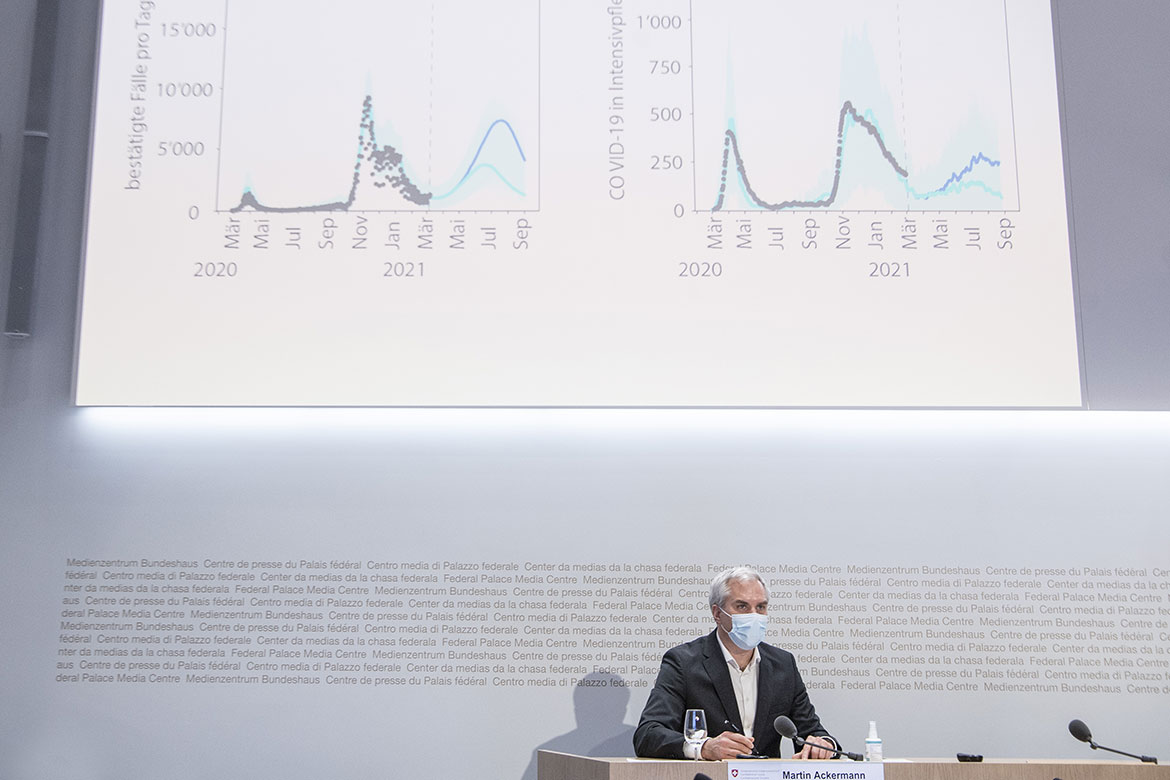OPINION
Science needs networks
The President of a+, Yves Flückiger, gives an overview of the strategic importance of international scientific networks, in particular to ensure integrity and foster relations with the world of politics.

Yves Flückiger is the President of the Swiss Academies of Arts and Sciences a+. | Photo: Annette Boutellier
In the abounding landscape of international scientific bodies, acronyms are multiplying: ALLEA, EASAC, INGSA, to name but a few. Even insiders can sometimes get lost. But behind these forests of capital letters lies a fundamental issue: making Swiss science heard in major global debates through a credible, responsible and connected voice.
The Academies actively participate in these platforms neither for diplomatic reasons, which are purely symbolic, nor for a simple exchange of best practices. This is a strategic necessity in a world where the broad directions of research, innovation and emerging technologies are increasingly influenced by global dynamics.
ALLEA, the European Federation of Academies of Sciences and Humanities, allows Switzerland to contribute to the definition of European scientific standards, in particular on academic freedom, scientific integrity and the role of science in facing crises – be they related to the climate, health, or geopolitics.
EASAC links science to European policies in areas such as energy, biodiversity and public health. As for INGSA, a global network for providing scientific advice to governments, it reminds us that, for the Academies, knowing how to advise policy makers has become a scientific competence and a mission in its own right.
It has become so crucial today, because we are a historical crossroads. Geopolitical tensions, the race for strategic technologies and repeated attacks on multilateralism are redefining the rules of the road. Large blocs are investing heavily in key areas such as artificial intelligence, biotechnology and space, while proclaiming competing visions of science and its purposes.
In this context, staying on the sidelines is not an option. Switzerland’s participation in these international networks allows it to keep a seat at the table where the main guidelines are developed. It also makes it possible to defend fundamental values: science as a global public good, the need for evidence-based expertise, the importance of the diversity of scientific voices.
These efforts make sense in an unstable world. Given this uncertainty, the Academies play a unique role: they weave, beyond our borders, the threads of a shared scientific responsibility. And this deserves, beyond the acronyms, all our attention.



